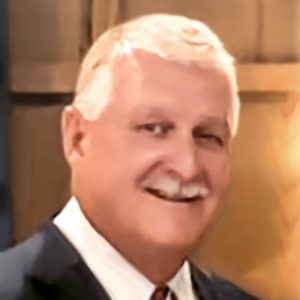It always amazes me how many legislators really don’t understand banking. Sure, many have checking and savings accounts, direct deposit, a car loan and a mortgage, but most have no idea how many laws and regulatory hoops banks have to jump through. That’s why every year, we have to look at and update the Missouri banking code.
Over the last couple of years, we worked on legislation to increase penalties for ATM smash-and-grabs, killed legislation that would have allowed credit unions to operate as banks without the regulatory burdens that banks have to operate under, and passed laws that allowed less regulatory duplicity.
As we have knocked these and other issues out, fraud has crept into the picture in new and contemptuous ways. New scams aimed at older adults run the gamut and can put banks in a precarious and potentially litigious situation.
For instance, an elderly customer makes several large withdrawals or transfers of funds. Should this transaction be flagged by the bank? Should someone, a family member or close family friend, be notified? Under current law, talking to someone other than the account holder about such a transaction would violate the depositors agreement with the bank and the bank could be liable for the disclosure.
That’s why SB 99, sponsored by Sen. Sandy Crawford, and HB 1049, sponsored by Rep. Bill Owen, were filed. The bills allows a depositor the option to name a trusted contact that can be contacted in cases of account irregularity and suspected fraud. The designation by the depositor and use by the bank is totally voluntary and is not required by the financial institution.
As of this writing, both bills have been heard in their respective House/Senate committees and have been given committee approval. This legislation is supported by both banks and credit unions alike.








